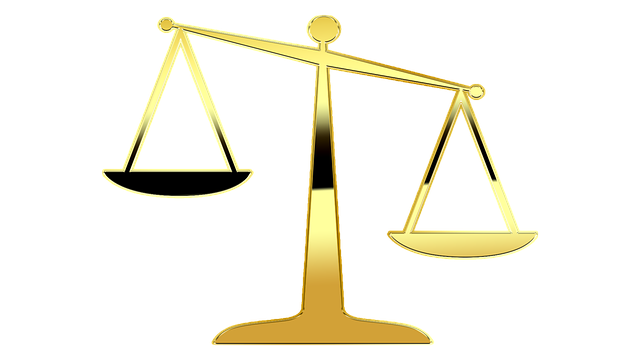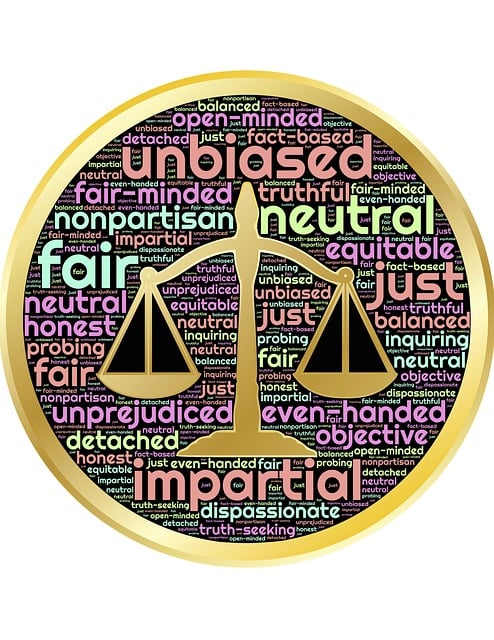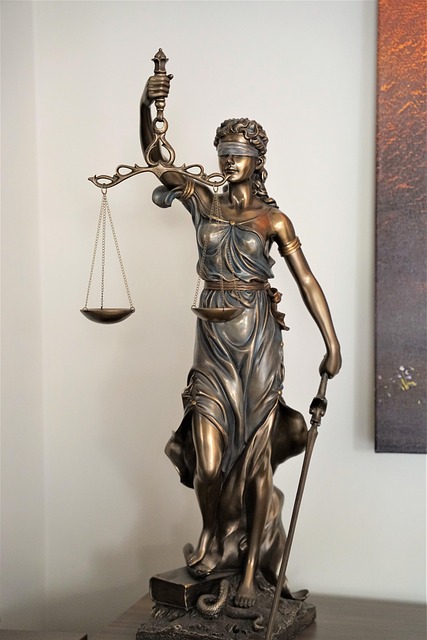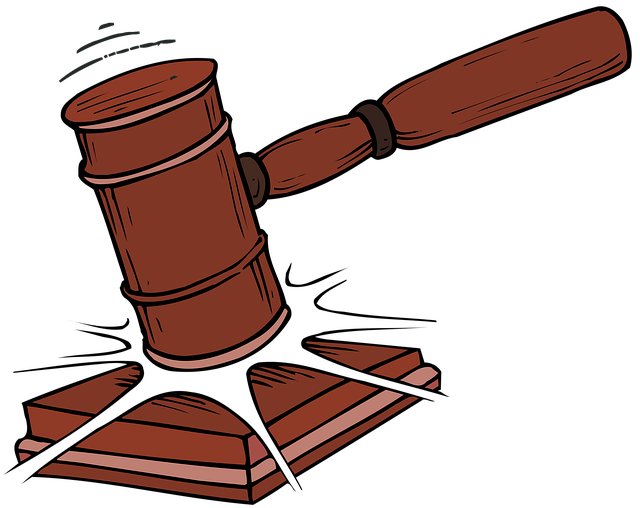Post-conviction proceedings offer critical rights for individuals to challenge verdicts or sentences. Skilled legal representation is key in navigating complex processes like appeals or new trial requests. Effective strategies involve robust legal arguments, new evidence, and exposing procedural errors. Appeals courts play a vital role in protecting these rights, ensuring fair treatment and potentially leading to exonerations or reduced sentences.
In the intricate landscape of criminal law, post-conviction proceedings hold immense significance for individuals seeking justice. This comprehensive guide delves into the crucial aspects of understanding and navigating these legal processes. From exploring post-conviction relief options to the role of appeals courts in restoring rights, we dissect the challenges and offer strategic insights. Gaining legal representation is a pivotal step, shaping the course of these proceedings. Unravel the intricacies and empower yourself with knowledge to ensure your rights remain intact during this vital phase.
- Understanding Post-Conviction Relief Options
- Legal Representation in Post-Conviction Proceedings
- Challenges and Strategies for Success
- Restoring Rights: The Role of Appeals Courts
Understanding Post-Conviction Relief Options

After a conviction, individuals have rights during post-conviction proceedings that allow them to challenge their verdict or sentence. This process offers an opportunity for those who believe they have been wrongfully convicted to seek relief and potentially win challenging defense verdicts. Understanding these rights is crucial as it provides a pathway to justice and can lead to significant outcomes.
Many successful cases have been built on the back of thorough legal strategies, uncovering new evidence, or highlighting procedural errors. Those with an unprecedented track record in such cases often serve as a beacon for others, demonstrating that even seemingly insurmountable odds can be overcome. Moreover, awareness of these rights resonates beyond the legal realm, impacting the broader philanthropic and political communities by fostering fairness and accountability.
Legal Representation in Post-Conviction Proceedings

In criminal law cases, especially after a conviction, having adequate legal representation is paramount. Post-conviction proceedings offer a chance for individuals to challenge their sentence or seek relief from their conviction, and skilled legal counsel plays a pivotal role in navigating this complex process. The rights during post-conviction proceedings include the ability to appeal, request a new trial, or advocate for reduced sentences—all of which require meticulous preparation and a deep understanding of criminal law.
Many defendants face challenges when pursuing post-conviction relief, particularly those accused of white collar and economic crimes. However, experienced attorneys can help clients achieve extraordinary results across the country by crafting compelling legal arguments, gathering essential evidence, and presenting persuasive appeals. This support ensures that individuals receive fair representation and a meaningful opportunity to rectify potential injustices in their criminal cases.
Challenges and Strategies for Success

Navigating Criminal Law Cases: Challenges and Strategies for Success
In the realm of criminal law, post-conviction proceedings pose significant challenges for defendants seeking to undo or modify their sentences. These processes, which often involve reviewing evidence, re-examining witness testimonies, and considering new legal arguments, require meticulous attention to detail. One crucial aspect that comes into play is the protection of an individual’s rights during these proceedings, particularly when it concerns the right to a fair trial and effective legal representation.
Strategizing for success in such cases demands a deep understanding of procedural rules and evidentiary standards. For instance, preparing compelling arguments that challenge the validity of evidence, especially in complex matters like white-collar and economic crimes, can be pivotal. Additionally, ensuring effective communication with clients is essential, as it helps build trust and encourages them to provide vital information that may strengthen their case. This holistic approach, combining legal acumen and client advocacy, forms the backbone of a successful general criminal defense strategy during post-conviction proceedings.
Restoring Rights: The Role of Appeals Courts

In many jurisdictions, appeals courts play a pivotal role in restoring rights and ensuring justice during post-conviction proceedings. When an individual is convicted of a crime, they are not only deprived of their liberty but also face potential long-term consequences that impact various aspects of their life. Appeals courts serve as a safeguard against wrongful convictions and provide a mechanism for individuals to challenge their sentences and clear their names. These high-stakes cases involve meticulous reviews of evidence, legal arguments, and in some instances, jury trials, ensuring that the rights of the accused are respected throughout all stages of the investigative and enforcement process.
Restoring rights is not merely about overturning a conviction; it’s about acknowledging and correcting potential miscarriages of justice. Appeals courts have the authority to scrutinize trial proceedings, assess legal errors, and determine if the defendant received a fair trial. This meticulous process can lead to significant outcomes, including exonerations, reduced sentences, or even new trials. In high-profile or complex cases, these appeals can attract significant public attention, underscoring the importance of maintaining integrity within the criminal justice system.
In navigating the complex landscape of criminal law, understanding post-conviction relief options is paramount. With legal representation playing a pivotal role, individuals can challenge their convictions and restore their rights. Overcoming challenges requires strategic planning and an in-depth knowledge of the law. The appeals process acts as a crucial symphony, ensuring fairness and justice by reviewing cases and upholding or modifying decisions. By delving into these proceedings, those involved can seek resolution and potentially revolutionize their outcomes.






